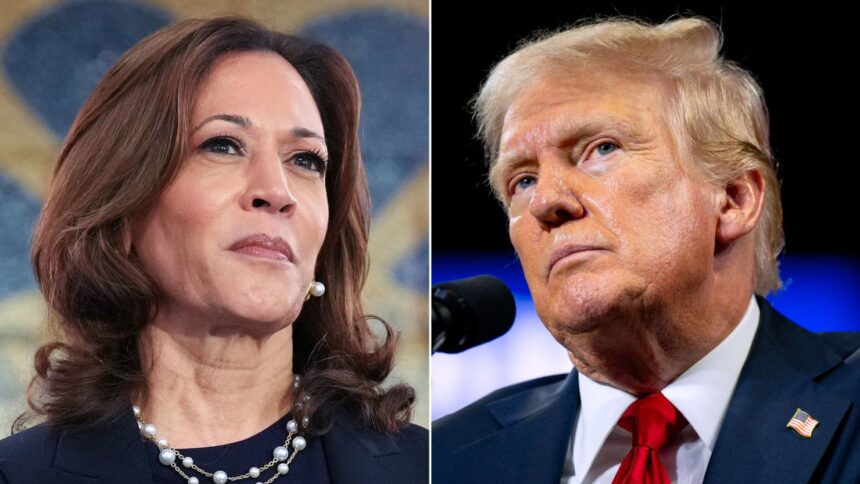Republican presidential candidate Donald Trump’s tariff proposals have the potential to be economically “damaging” unless they are offset by sufficiently large fiscal measures, according to analysts at BCA Research.
Trump has outlined plans to impose aggressive tariffs on the $3 trillion worth of imports coming into the US, including a 10% to 20% levy on all foreign goods and a 60% tax on items from China.
Speaking during a campaign event on in September, Trump also threatened to slap 100% tariffs on every car coming into the US from Mexico, adding that he would reward US-based manufacturers with research and development tax credits. He has said he would hit agricultural equipment maker John Deere (NYSE:DE) with a 200% levy on its imports into the US should the firm go ahead with plans to shift production to Mexico.
The former president has said the tariffs are needed to protect working-class jobs and crack down on what he has deemed to be unfair practices by US trading partners, particularly those with which Washington runs a large bilateral trade deficit, such as China and the European Union.
During his first term, then-President Trump oversaw a period of high trade tensions with Beijing that stemmed from a raft of tariffs slapped on Chinese-made goods.
However, tariffs still enjoy support across political parties, with both citing concerns that slipping international trade barriers could have economic and social consequences. Current President Joe Biden’s administration — in which Democratic presidential hopeful Kamala Harris serves as Vice President — has left many of Trump-era tariffs in place.
Funding raised by the Trump’s latest tariff plan, estimated to be in the trillions of dollars, could help offset the costs of sweeping corporate tax cuts that he is also targeting, according to media reports.
Polls remain extremely tight ahead of the Nov. 5 election, with both Trump and Harris virtually tied in several key swing states that could heavily sway the outcome of the vote.
In the event Trump wins the ballot, “the economic and financial market outlook will depend heavily on the sequencing of policies and the degree to which Trump pursues aggressive trade action,” the BCA Research analysts said.
Many economists have spoken out against the tariff plan, arguing that the most likely outcome would be an increase in prices for consumers. The BCA streategists predicted they would also negatively impact both US and global growth, should they not be accompanied by other fiscal support.
“The question is timing. If fiscal thrust is provided at the same time as major tariffs, it is possible that the net effect will be positive for growth,” the BCA analysts said in a note.




